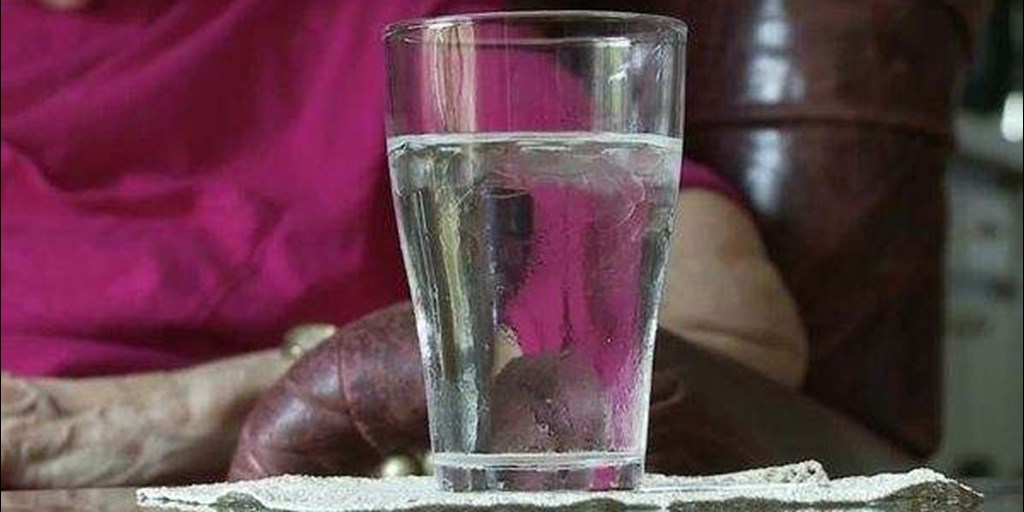Despite the fact that heat-related deaths and illness are preventable, the Center for Disease Control and Prevention (CDC) reports that more than 600 people in the United States die by extreme heat every year—and a disproportionate amount are among people over the age of 65 who are more prone to heat-related health problems.
With high temperatures in the forecast, it’s important to know what steps to take to help prevent heat-related illness and death. The good news, some basic precautions can go a long way in staying safe during periods of high temperatures and high humidity.
Older adults are more prone to heat stress.
Older adults are more prone to heat stress for several reasons, including a decreased ability to notice changes in their body temperature or the ability to adjust to changes in temperature. Many seniors also have underlying health conditions (like heart or respiratory disease) that make it more difficult to adapt to heat. And, medications they take can contribute to dehydration.
Preventing heat-related health problems starts with staying cool and hydrated.
“Air conditioning is the best protective factor against heat-related illness and death during a heat wave,” said John Fenner, PA-C, assistant medical director of St. Vincent Charity Medical Center’s Emergency Department
If a home does not have air conditioning, spend time in public facilities that are air conditioned (like a library, movie theater, shopping mall or restaurant) contact the local health department, locate an air-conditioned shelter. A fan should not be the main cooling source when it’s really hot outside. If you know someone who does not have air conditioning and is not able to leave their home, it’s a good idea to periodically check on them to make sure they’re okay.
Other protective measures include:
- Drink more water than usual, without waiting until you’re thirsty to drink.
- Don’t use the stove or oven to cook, which will make your house hotter.
- Wear loose, lightweight, light-colored clothing.
- Take cool showers or baths.
- Do not participate in very strenuous activities and get plenty of rest.
- If your doctor limits your fluids or has you on water pills, ask him or her how much you should drink during hot weather.
What is heat-related illness?
According to Fenner, there are three types of heat-related illness (also called hyperthermia), with the mildest being heat cramps, then heat exhaustion and then heatstroke being the most severe. All three result from exposure to extreme heat with the body not able to properly cool itself, leading to a rapid rise in body temperature. In situations that combine high heat and high humidity, sweat does not evaporate as fast, which prevents the body from quickly releasing heat.
“Heat-related illnesses need to be treated as soon as possible with fluids and a cooler environment, or they can lead to heatstroke, which is a life-threatening condition,” said Fenner.
Heat cramps
The mildest form of heat-related illness are heat cramps, which symptoms that typically include heavy sweating, fatigue, thirst and muscle cramps. Heat cramps can usually be treated by drinking fluids or sports drinks with electrolytes, seeking cooler temperatures and stopping activity. “Treating heat cramps quickly is the best step to prevent them from progressing to heat exhaustion,” advised Fenner.
Heat exhaustion
Possible symptoms of heat exhaustion include:
- Muscle cramping
- Fatigue
- Headache
- Nausea or vomiting
- Dizziness or fainting
“If you suspect heat exhaustion, the advice is similar to heat cramps. Stop all activity and rest, move to a cooler place, and drink cool water or sports drinks,” said Fenner. “If symptoms worsen or don’t improve over the course of an hour, contact your doctor.”
Heatstroke
Symptoms of heatstroke can include:
- A body temperature greater than 103°F (39.4°C)
- Skin that is dry (no sweating), hot and red
- Rapid, strong pulse
- Throbbing headache
- Dizziness
- Nausea
- Confusion or agitation
- Unconsciousness
Get medical attention fast.
“Heat exhaustion and heatstroke can have some similar symptoms. If someone who you suspect has heat exhaustion becomes confused or agitated, losses consciousness or is unable to drink, seek immediate medical attention. If they experience symptoms of heatstroke, call 911 or seek emergency medical attention right away,” said Fenner. “A delay could be fatal.”
The emergency department at St. Vincent Charity Medical Center is conveniently located downtown at 2351 East 22nd Street in Cleveland.



